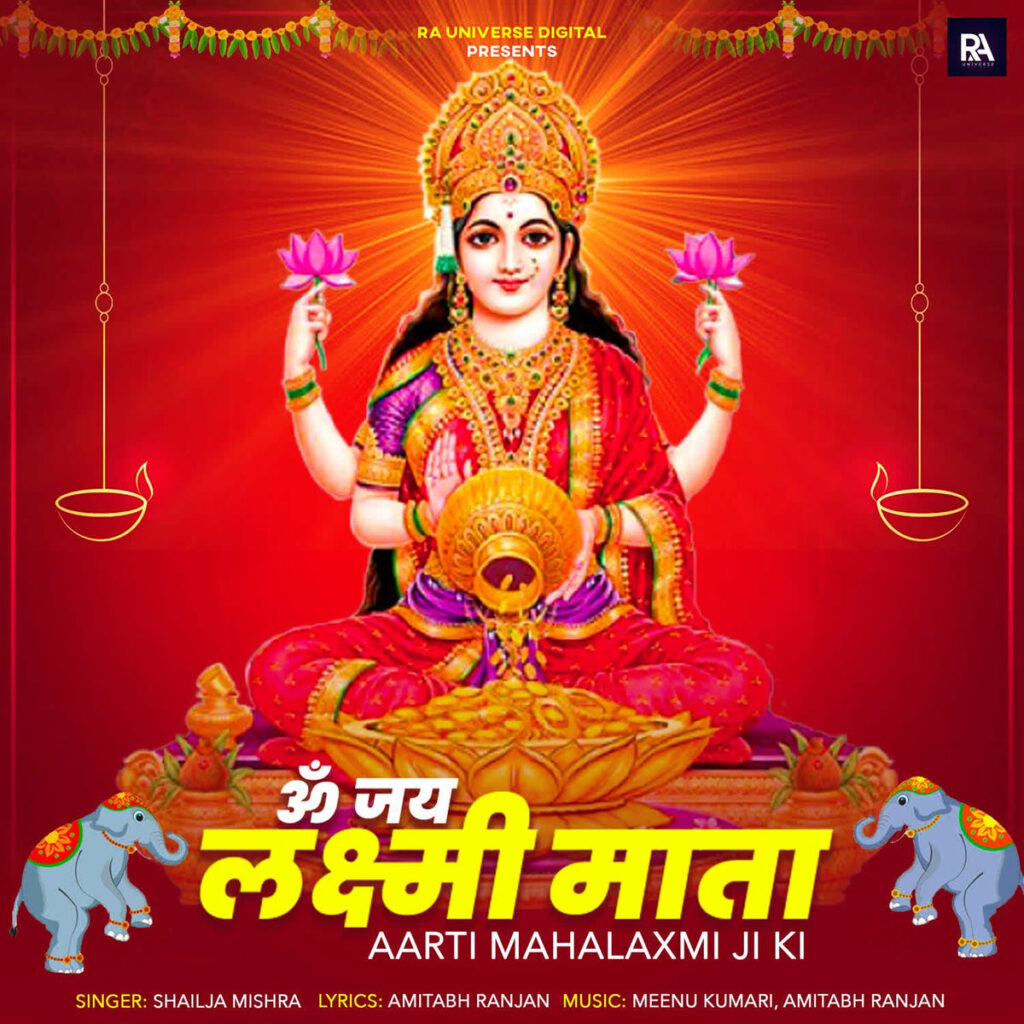
Introduction
Laxmi Aarti is a significant prayer dedicated to Goddess Lakshmi, the Hindu deity of wealth, prosperity, and fortune. This aarti is performed to seek blessings for material and spiritual welfare and is especially popular during festivals like Diwali. The relevance of Laxmi Aarti extends beyond mere rituals; it symbolizes the deep-rooted cultural values of gratitude and reverence in Hinduism.
Elements of Laxmi Aarti
The Laxmi Aarti is typically sung or recited during or after the worship of Goddess Lakshmi. Participants light lamps, offer flowers, and sing praises, creating a spiritually uplifting atmosphere. The lyrics of the aarti extol the virtues and grace of Goddess Lakshmi, making it not just a prayer but a celebration of her divine energy. Families often perform this ritual collectively, strengthening communal and familial bonds.
Current Observances and Tributes
In recent events leading up to Diwali 2023, many Hindu communities across Canada have organized gatherings to perform the Laxmi Aarti. These events serve as a means of cultural expression and community bonding. Community centers and temples have reported an increase in participation, with families emphasizing the importance of performing this ritual as a means to invite prosperity and good fortune into their homes. Additionally, many are sharing their performances via social media platforms, fostering a sense of connection and shared spiritual experience across distances.
Conclusion
The practice of Laxmi Aarti continues to hold profound significance, especially as it resonates with themes of gratitude and hope for wealth and wellbeing. With the ongoing global challenges, many are reflecting on the deeper meanings of prosperity, not just in material terms but also in emotional and spiritual contexts. Festivals and rituals like Laxmi Aarti provide an opportunity for introspection and community support, demonstrating the enduring relevance of these traditions in our modern world. As communities come together to participate in such observances, it forecasts a renewed emphasis on cultural heritage, familial bonds, and collective strength moving forward.



